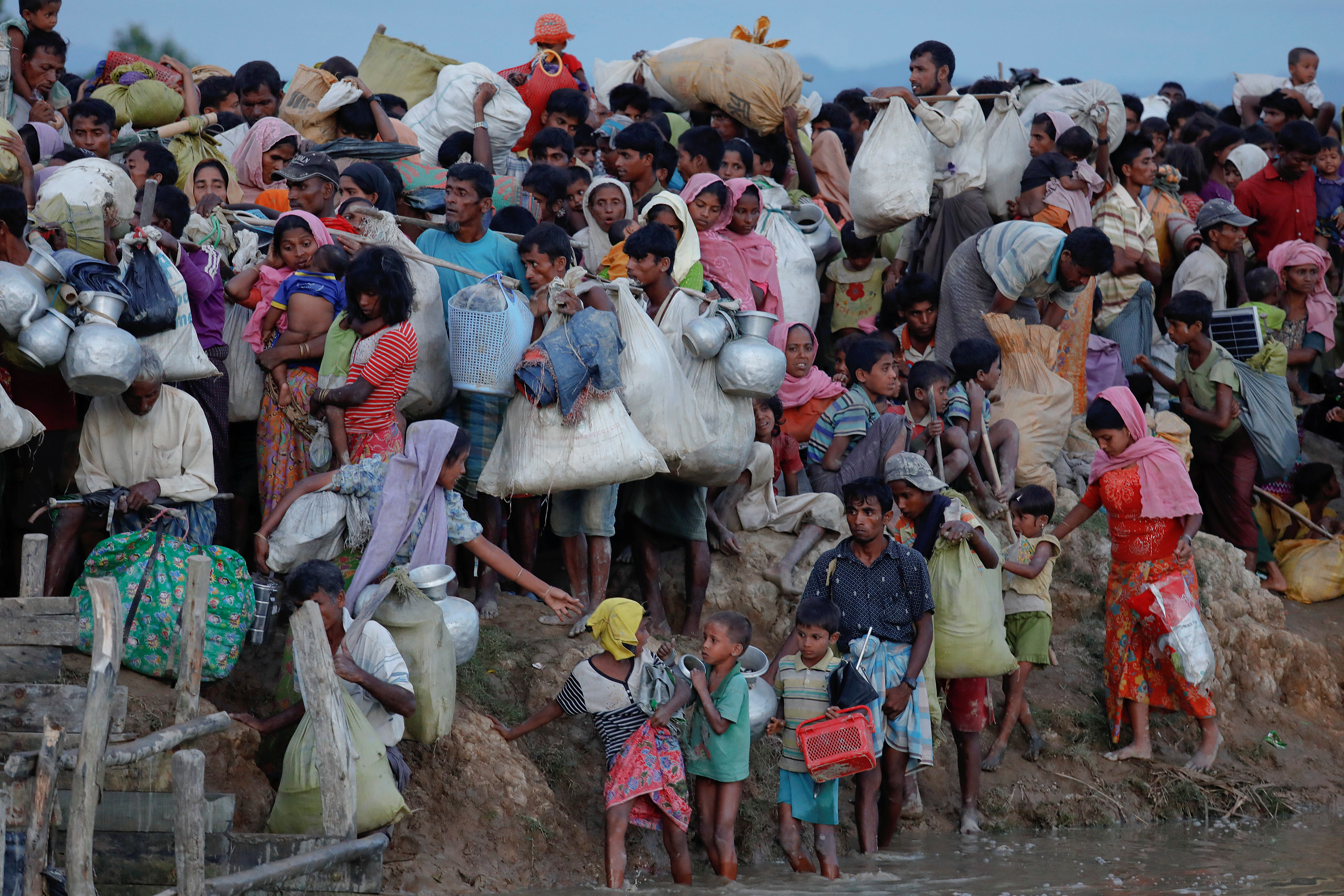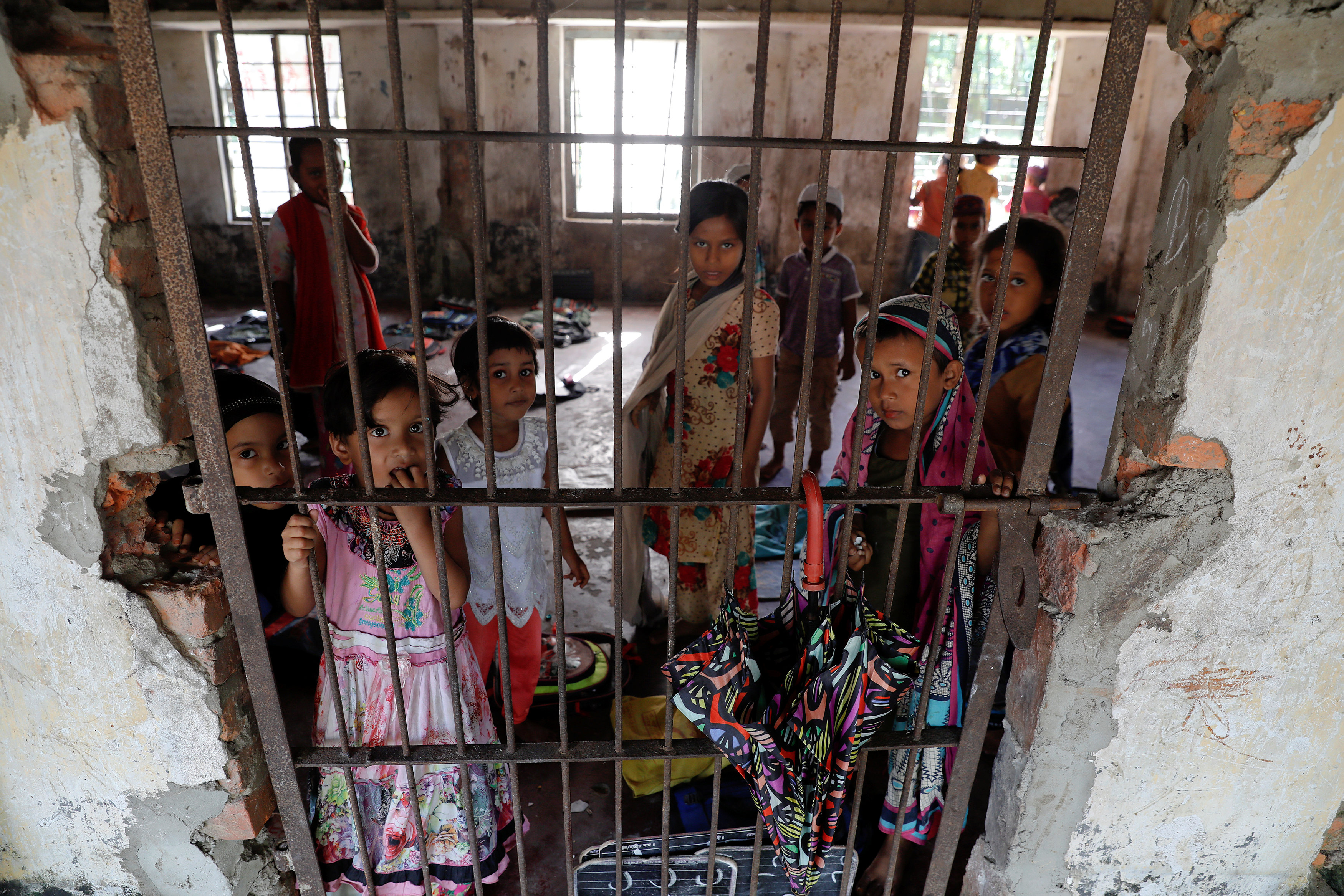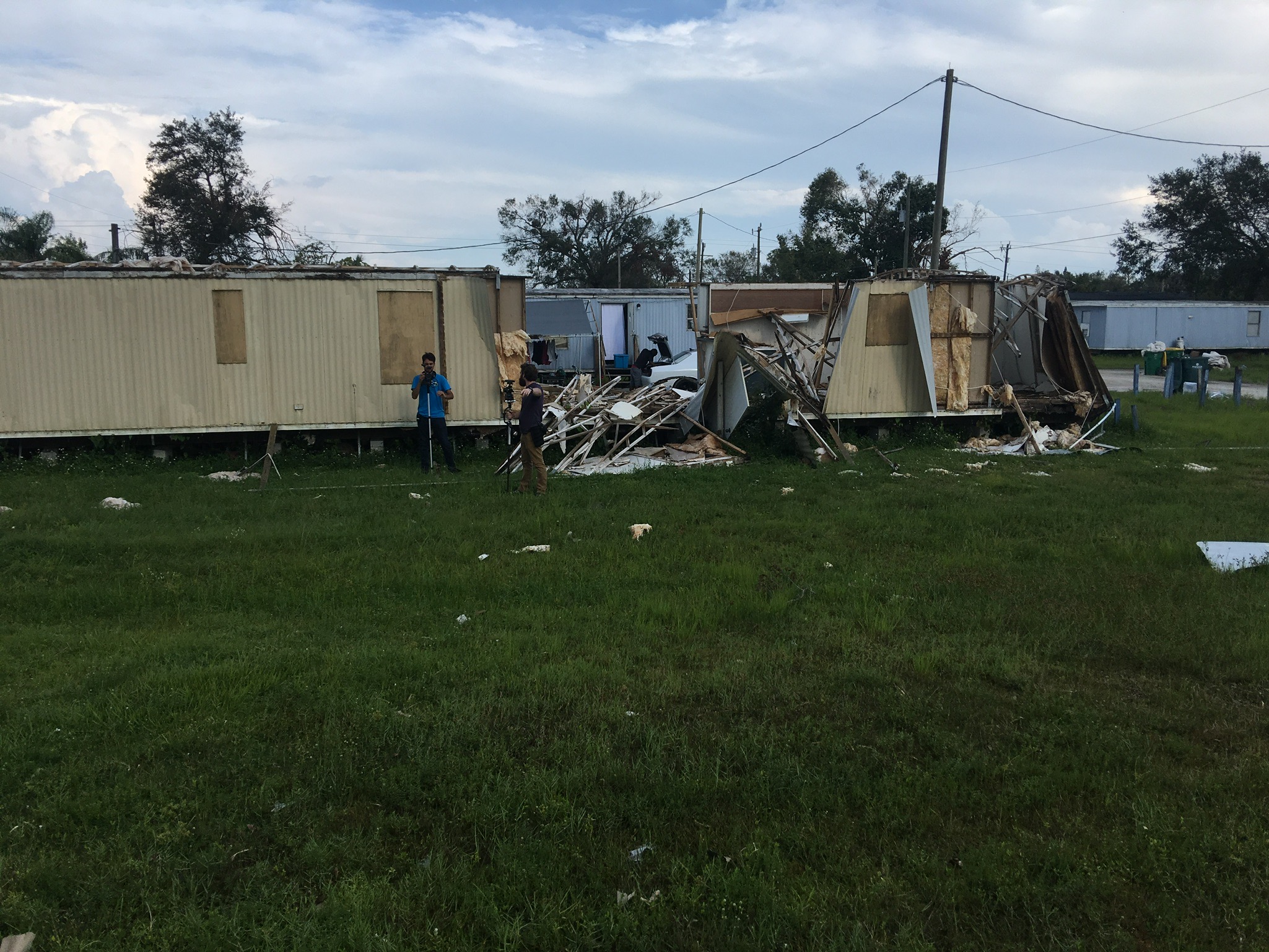
By Stephanie Nebehay
GENEVA (Reuters) – North Korean women are deprived of education and job opportunities and are often subjected to violence at home and sexual assault in the workplace, a U.N. human rights panel said on Monday.
After a regular review of Pyongyang’s record, the U.N. Committee on the Elimination of Discrimination against Women also voiced concern at rape or mistreatment of women in detention especially those repatriated after fleeing abroad.
North Korean women are “under-represented or disadvantaged” in tertiary education, the judiciary, security and police forces and leadership and managerial positions “in all non-traditional areas of work”, the panel of independent experts said.
“The main issue is first of all the lack of information. We have no access to a large part of laws, elements and information on national machinery,” Nicole Ameline, panel member, told Reuters. “We have asked a lot of questions.”
North Korea told the panel on Nov. 8 that it was working to uphold women’s rights and gender equality but that sanctions imposed by major powers over its nuclear and missile programs were taking a toll on vulnerable mothers and children.
Domestic violence is prevalent and there is “very limited awareness” about the issue and a lack of legal services, psycho-social support and shelters available for victims, the panel said.
It said economic sanctions had a disproportionate impact on women. North Korean women suffer “high levels of malnutrition”, with 28 percent of pregnant or lactating women affected, it said.
“We have called on the government to be very, very attentive to the situation of food and nutrition. Because we consider that it is a basic need and that the government has to invest and to assume its responsibilities in this field,” Ameline said.
“Unfortunately I am not sure that the situation will improve very quickly.”
The report found that penalties for rape in North Korea were not commensurate with the severity of the crime, which also often goes unpunished. Legal changes in 2012 lowered the penalties for some forms of rape, including the rape of children, rape by a work supervisor and repeated rape.
This has led to reducing the punishment for forcing “a woman in a subordinate position” to have sexual intercourse from four years to three years, the report said.
It said women trafficked abroad and then returned to North Korea, are reported to be sent to labor training camps or prisons, accused of “illegal border crossing”, and may be exposed to further violations of their rights, including sexual violence by security officials and forced abortions.
(Reporting by Stephanie Nebehay; Editing by Robin Pomeroy and Alison Williams)












